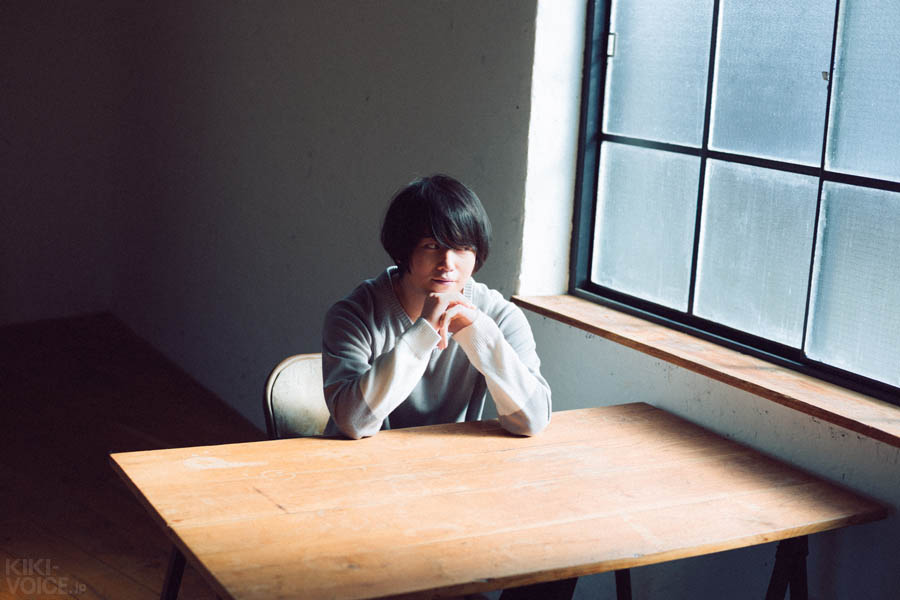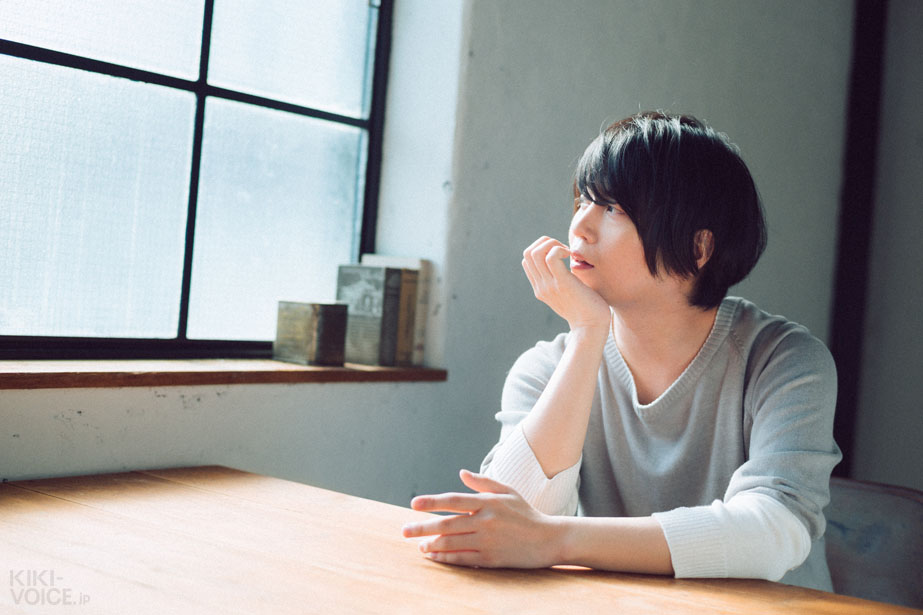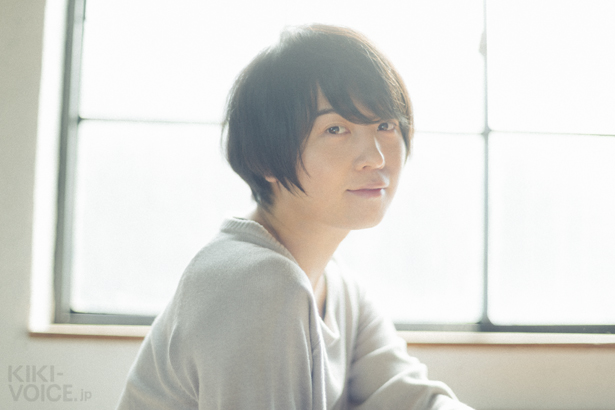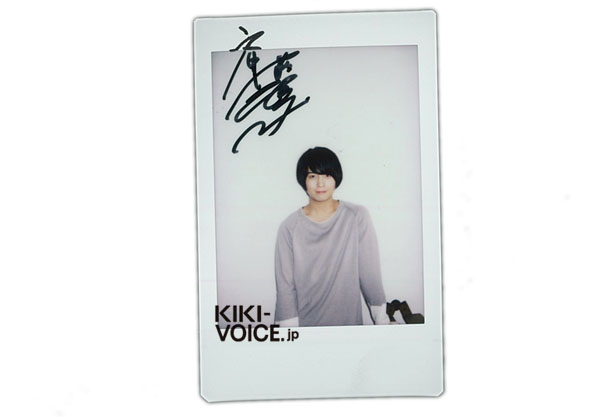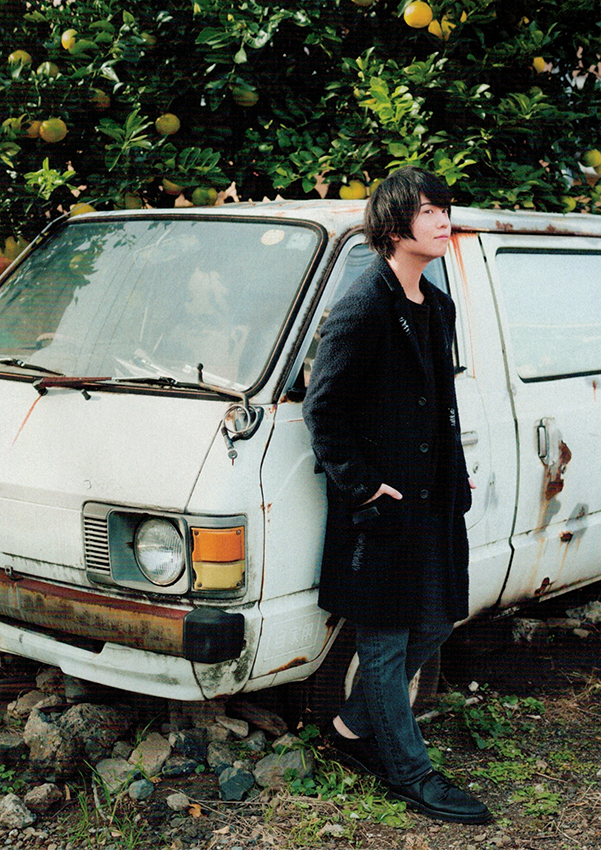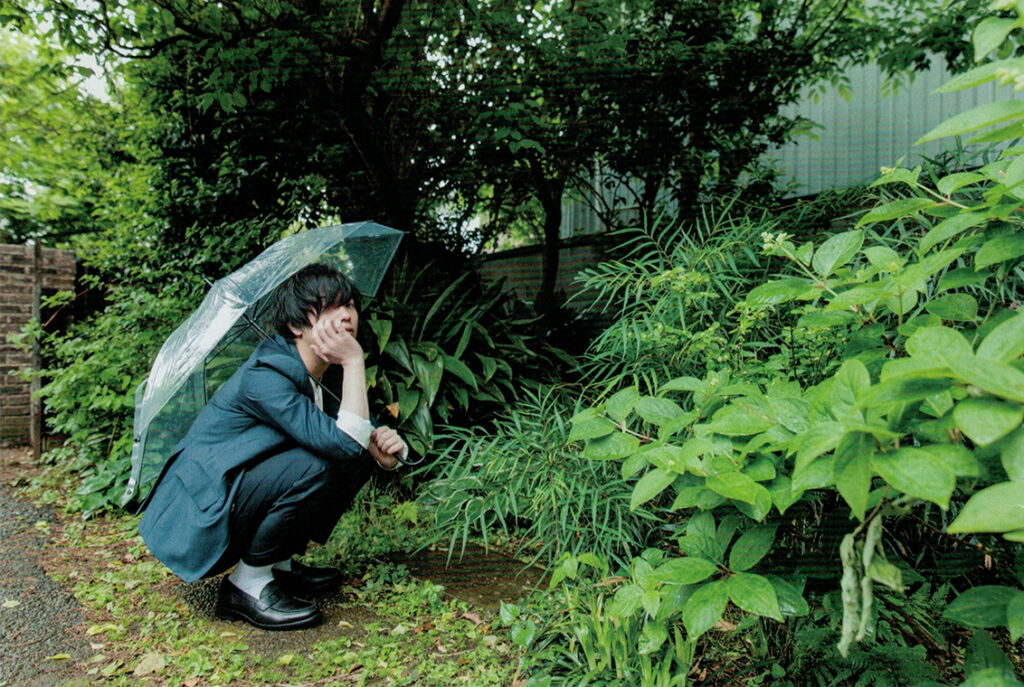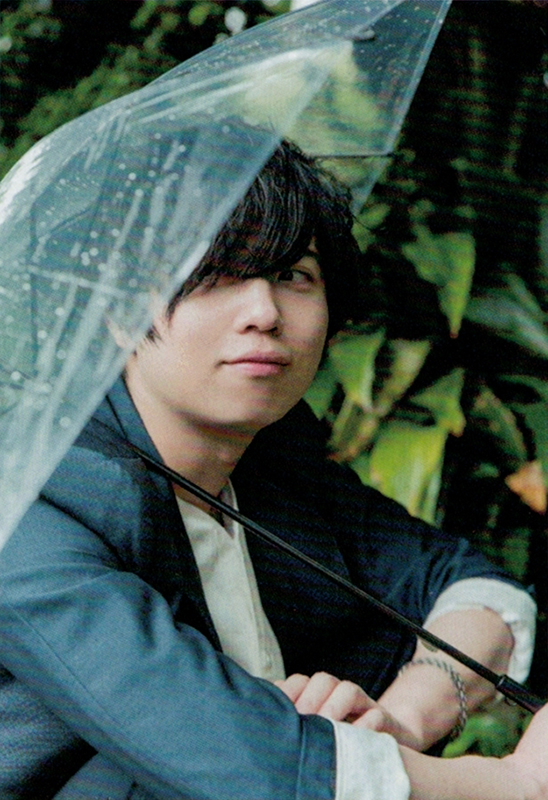
Released: 2017/3/25
※This essay was also published in the book compilation of Saito Soma no Kenkou de Bunkateki na Saitei Gendo no Seikatsu.
I’m not good with animals, but I quite like going to the zoo. It has that unique, sluggish yet calm atmosphere. On this early afternoon, I saw a couple on a date, a boy reaching towards a lion, a flamingo standing on one leg and drinking water, and nocturnal beasts making displeased grunts.
Sitting on a bench, gazing absentmindedly at the sky, flipping through a paperback book I brought with me, and enjoying the peaceful time without anyone forcing me to do anything. It’s not a bad way to spend a day off.
…If only this really was a day off.
“Wait, it’s the zoo itself I like, not the animals!” I cried.
The editor, Enu-shi, ignored my pleas and smiled. “I bought animal food!”
But I never asked for it! I reluctantly accept the vegetables and glance at the enclosure, where a round-eyed elephant is waiting. I guess I have no choice but to be brave. Thus began my fun-filled animal interaction time.
It all started when I was told that I could spend a day photographing and acquiring writing material at a location of my choice. I answered with a quarry and the zoo. I’ll leave the quarry for another time, but it’s not like I was lying when I said I wanted to go to the zoo. I went there often when I was a child, and even after moving to Tokyo, I went to the zoo several times. It’s a laid-back place, and I have plenty of fun just having staring contests with lazy-looking lions. I’m not looking for a direct relationship; I just want something platonic, which was supposed to be fine.
Alas, as soon as we arrived, we found out that there was a limited-time event where you could feed the elephants, so we made a sudden dash for it. No, like I said, I don’t need any direct interaction!
And so, I had a face-to-face meeting with an elephant.
Whoa, it’s huge.
The elephant was very gentlemanly, though. It skillfully used the tip of its trunk to pluck the Chinese cabbage from my trembling fingers.
Thank you, Mr. Elephant. I somehow managed to complete my mission.
“Okay, next is the giraffe!”
Huh?
The giraffes could be fed at any time, unlike the elephants. To be honest, it’d been a long time since I’d seen very large animals like elephants and giraffes up close, so I hadn’t known what to expect. But since the elephants were much bigger than I’d imagined, I could guess what the giraffes would be like.
And so, I had a face-to-face meeting with the giraffes.
Whoa, they’re long.
There were four of them! Up close, they were quite intense, and uh, their teeth sure looked strong, haha. As I was thinking about them, the camera crew gave me the “go” sign. I knew that the elephant would use its trunk, but what about the giraffe? What do giraffes use?!
Their tongue. The answer is a thick, purple tongue, glistening with saliva. Unlike the elephant, from the way the giraffe licked me, it must’ve thought my fingertips were part of the food. I wonder if they tasted good. While I was looking at the giraffes, a young giraffe that wasn’t allowed to be fed yet glared at me. Sorry, but I can’t do anything for you! Get some yummy food from your caretaker!
“Okay, next is the amusement park!”
Huh?
I had successfully—albeit painfully—completed my mission, but I never imagined that there would be an even greater ordeal awaiting me. There was an amusement park next to the zoo, and the staff decided to take pictures at the attractions there as well. Now, I’m afraid of heights and I don’t like thrill rides. In other words, I wasn’t given the right parameters to enjoy amusement parks. So honestly, I wasn’t enthusiastic about this suggestion. But still, I didn’t often go to such places, and from the looks of it, I doubted there would be any fast rides there.
I was naive.
A ride that spun 360 degrees in every direction. A rollercoaster with a loose seatbelt. A creaky Ferris wheel that stopped when I reached the top for some reason. The cameraman was all smiles, but of course, I was utterly distressed. After it was all over, my one salvation was the familiar taste of the Pocari Sweat they were selling at a booth.
But, well, despite my complaints, it’s human nature to persevere. Apparently, I wasn’t as dissatisfied with the elephant and giraffe feeding experience as I’d thought: on a later day, I found myself going to another zoo. It was very windy that day, and most of the animals were huddling to try to brace themselves against the cold. It felt like the shoebills, Malayan tapirs, and giant pandas were giving me resentful looks, as if to say, “Hurry up and put us in the warm building.” Sorry, this is just how the zoo works. I felt bad for them as I walked around right before closing time.
Suddenly, I realized: this whole time, I thought I was looking at the animals, but if you think about it the other way around, weren’t they looking at us humans too? I could feel their eyes on me. Resentful looks? Is that really true? Do their eyes really have such by-the-book nuances? Who’s being watched; me or them?
Even though I should’ve been cold, a bead of sweat trickled down my forehead. I quickly left the zoo, too scared to look back.
Later on, I was having drinks with a friend from university who had returned to his hometown after graduation to find a job.
“You were at the zoo the other day, right?”
Huh?
“Right when it was closing.”
Huh?
“I went there too! I saw you from behind!”
Wait, it was you?!



